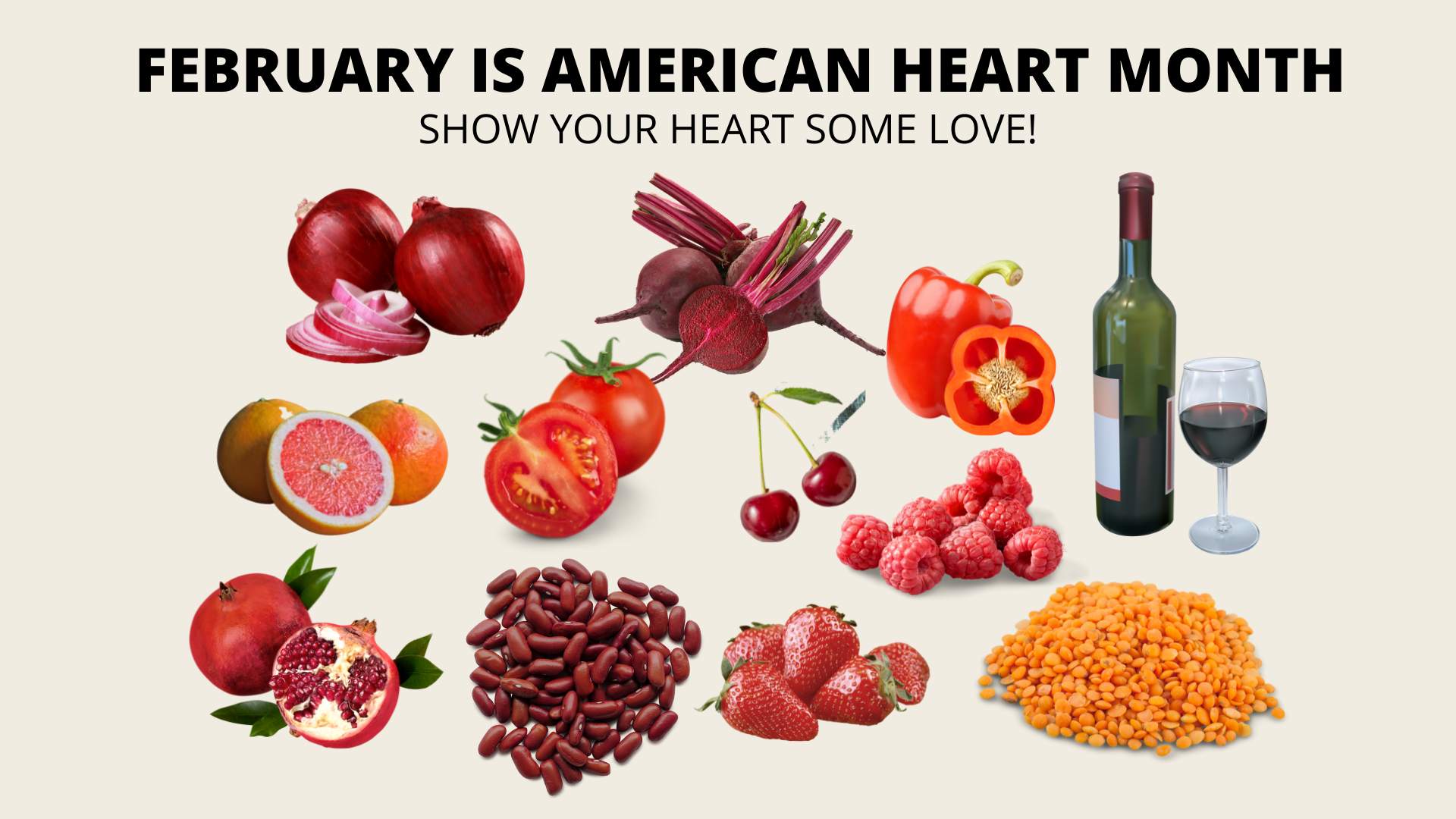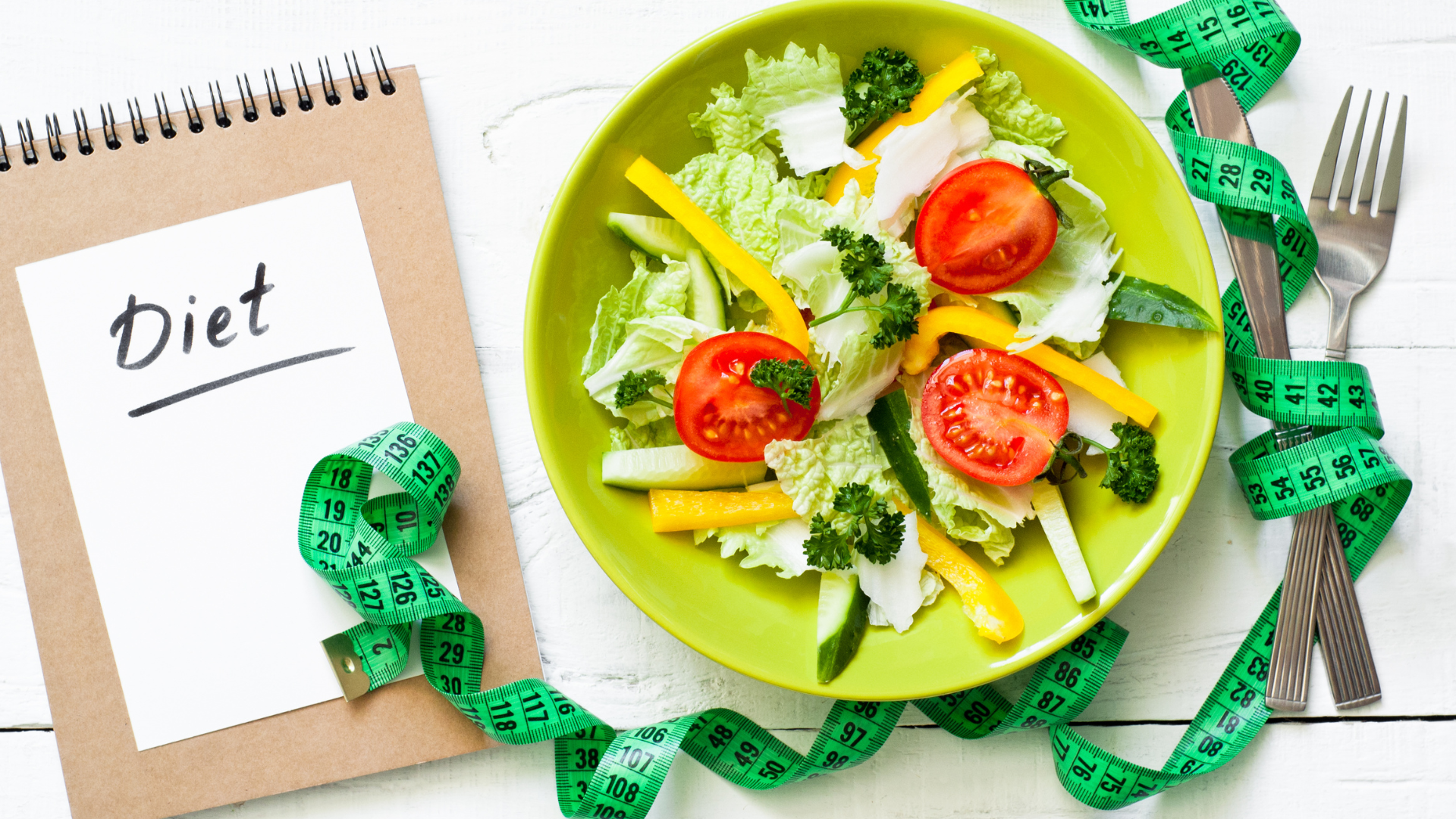I am Dr. Monique, Board-certified Family Physician and Founder of Physician in the Kitchen. With my NEW best-selling cookbook, Doc Fix My Plate! The Physician In The Kitchen’s Prescriptions For Your Healthy Meal Makeover, my other best-selling book, MealMasters: Your Simple Guide to Modern Day Meal Planning, my online course, Vegan-ish: How To Plant-Base Your Pantry and online cooking classes, I help busy households enjoy healthy plant-based eating without impacting their hectic schedules.
February is the month we celebrate Black History Month, Valentine’s Day, and American Heart Month. During this month, we take time to recognize the contributions of African-Americans to this country, celebrate love, and focus on ways to prevent heart disease. Heart disease is the leading killer in the US, affecting both men and women. Coronary artery disease (CAD) is the result of blockages in the heart arteries that lead to a heart attack. Heart attacks can cause permanent damage to heart muscle, which then weakens the heart. If the blockage and damage are severe enough, the end result can be death.
Mindset:
Knowledge is power:
- Know the risk factors for heart disease for (CAD):
- increased age
- family history
- high blood pressure
- high cholesterol
- cigarette smoking
- diabetes
- obesity
- sedentary or inactive lifestyle
- Know your family history:
- The risk for heart disease is higher if your parents, siblings, or children (first-degree relatives) had a heart blockage.
- If any of these relatives had a heart attack before age 45 (for men) and age 55 (for women), please see your doctor for a check-up
- Know the warning signs of a heart attack and call 911 immediately:
- Pain or pressure in the middle of your chest that may travel into your jaw, neck, or back (“like an elephant sitting on my chest”)
- Pain or discomfort in your arms or shoulders
- Nausea, possible vomiting
- Sweating
- Feeling fatigued or short of breath
- Turning pale
- “Indigestion”
Meals:
- Choose from the following heart-healthy foods:
- Dark leafy greens (spinach, kale, arugula, collard or turnip greens)
- Whole grains (quinoa, whole wheat, oatmeal, brown rice)
- Fatty fish (salmon, mackerel, sardines and tuna)
- Nuts (walnuts, almonds) and seeds (flaxseed, chia)
- Fruits and vegetables (avocado, berries, tomatoes)
- Olive oil
- Beans
- Garlic
- Dark chocolate
- Red wine
- Avoid:
- Processed meats (sausage, hot dogs, sausage, sandwich meats)
- Saturated fats (bacon, red meat, butter)
- Baked goods (cakes, cookies, muffins)
- Salty foods
- Excessive alcohol
- Fried foods (chicken, French fries)
- Ice cream
- Soda
- Be sure to add plenty of red foods to your diet. They contain plenty of heart-healthy phytonutrients (plant chemicals) that decrease the risk for not only heart disease, but also certain cancers, diabetes, and other chronic conditions. Those phytonutrients provide the red color in beets, tart cherries, tomatoes, watermelon, cranberries, red onions, red quinoa, red bell peppers, pomegranates, kidney beans, and red wine, just to name a few. These superfoods have the following beneficial effects on the body:
- improve blood flow to the heart and other organs, including the penis, which can help with erectile dysfunction
- improve skin
- decrease inflammation
- lower bad cholesterol (LDL)
- raise good cholesterol (HDL)
- decrease insulin resistance (a precursor condition that often results in diabetes)
- decrease blood pressure
- increase metabolic rate
Of course, these fruits and vegetables are excellent sources of fiber, minerals (such as potassium), and vitamins (A, B, and C).
Try out this Beet Pasta with Spaghetti Sauce recipe. Be sure to tag me @physicianinthekitchen on IG when you make this.
Movement:
- Your heart is a muscle: the more you train it the stronger it becomes.
- A normal heart rate is between 60-100 beats per minute.
- Very fit people may have a resting heart rate as low as 40 beats per minute.
- Recommended exercises to strengthen your heart are:
- walking
- weight-training
- yoga
- swimming
- interval training
- cycling
- Get regular exercise:
- At least 30 minutes per day, five days a week, of light-to-moderate activity:
- Brisk walking
- Leisurely bike riding
- Weight-lifting
- Golfing
- At least 30 minutes per day, five days a week, of light-to-moderate activity:
OR
- At least 15 minutes per day, two to five days a week, of higher-intensity activities:
- Running
- Cycling class
- Playing a game of soccer or basketball
To Your Good Health,
For more information, be sure to visit me at DrMoniqueMay.com, and join the #MealMastersCommunity at www.Facebook.com/groups/mealmasters today.
Follow me on Instagram at @drmoniquemay and @physicianinthekitchen and Facebook at Dr Monique May and Physician in the Kitchen.




